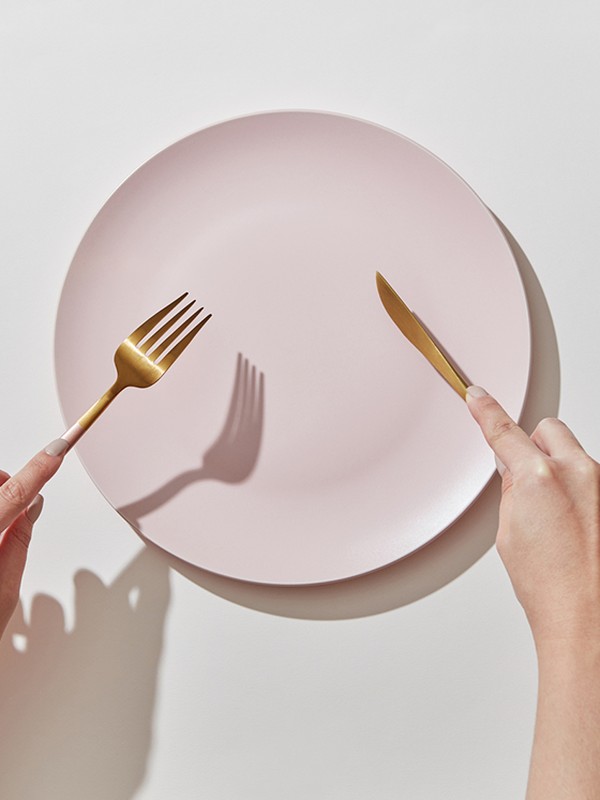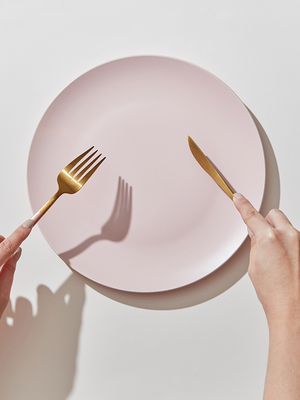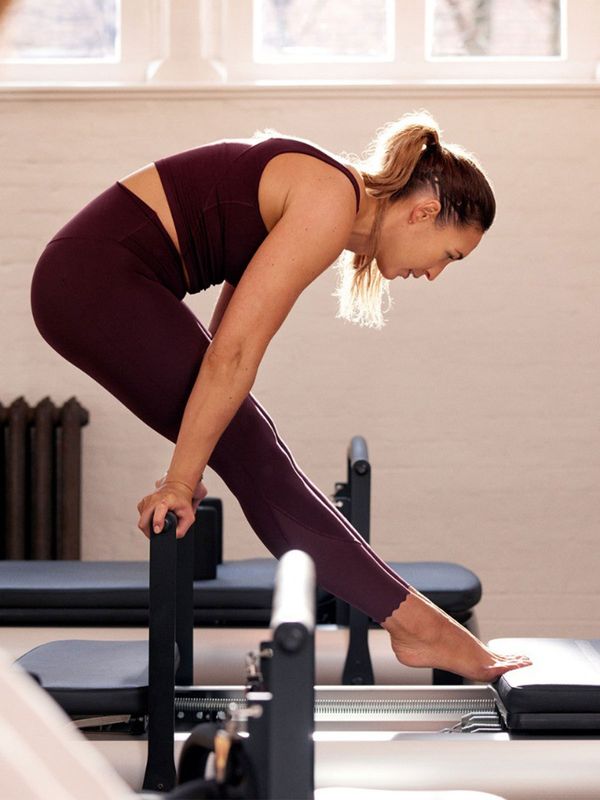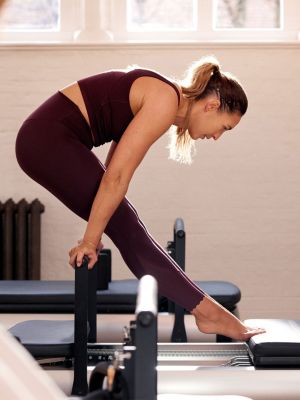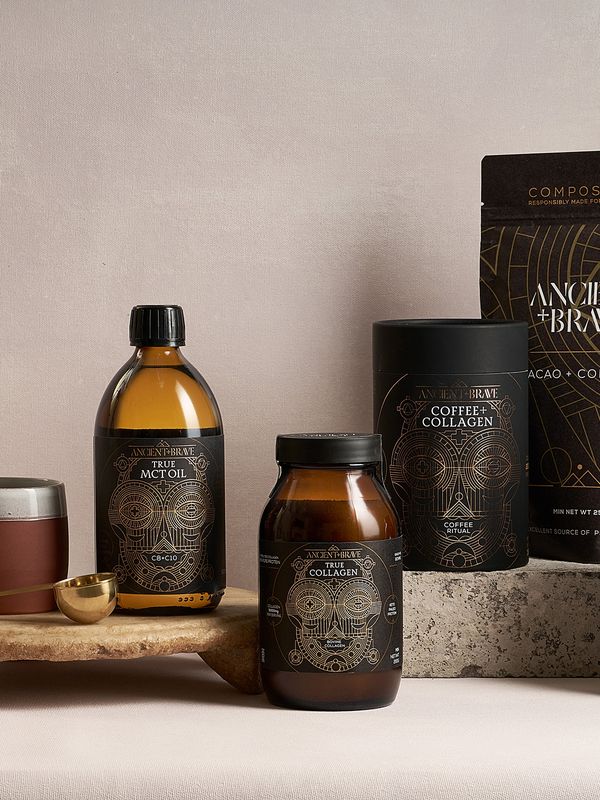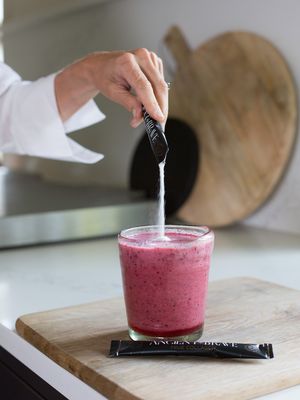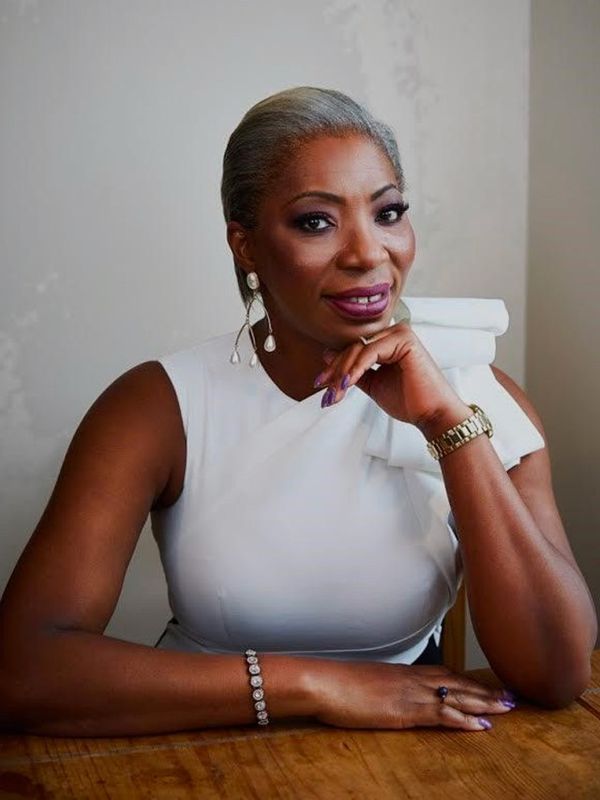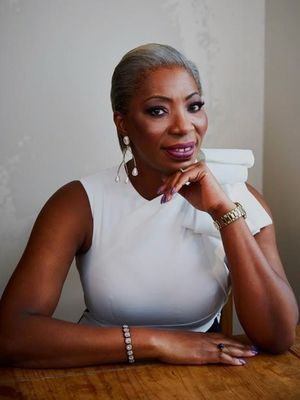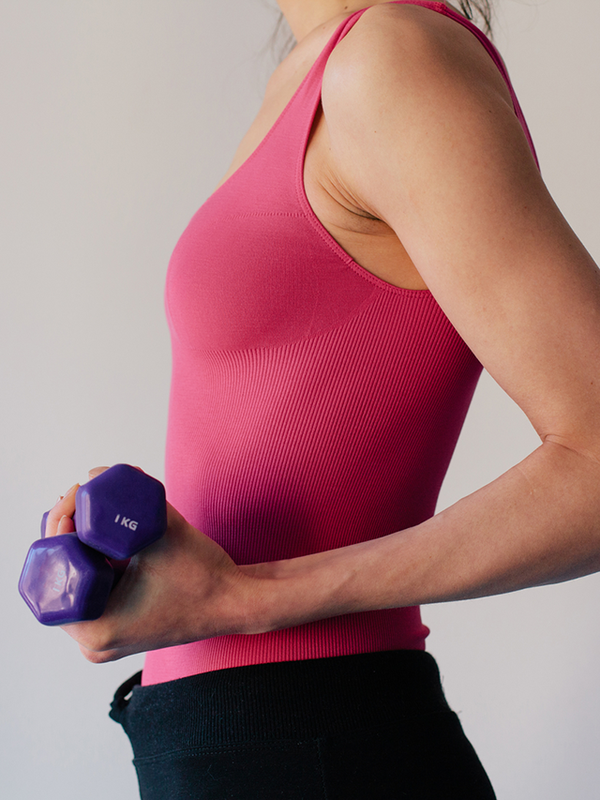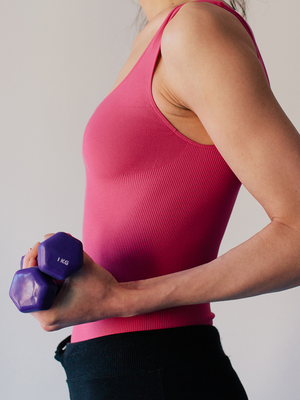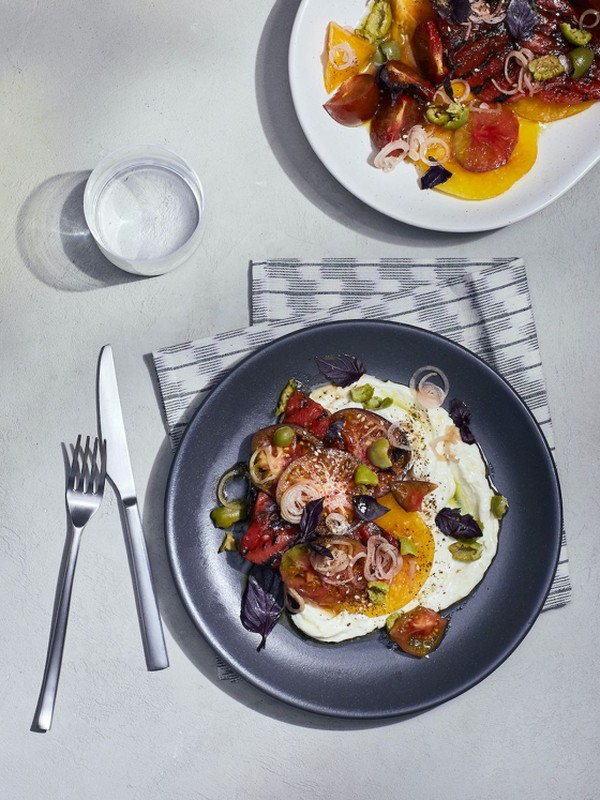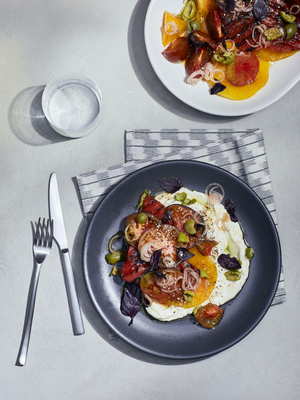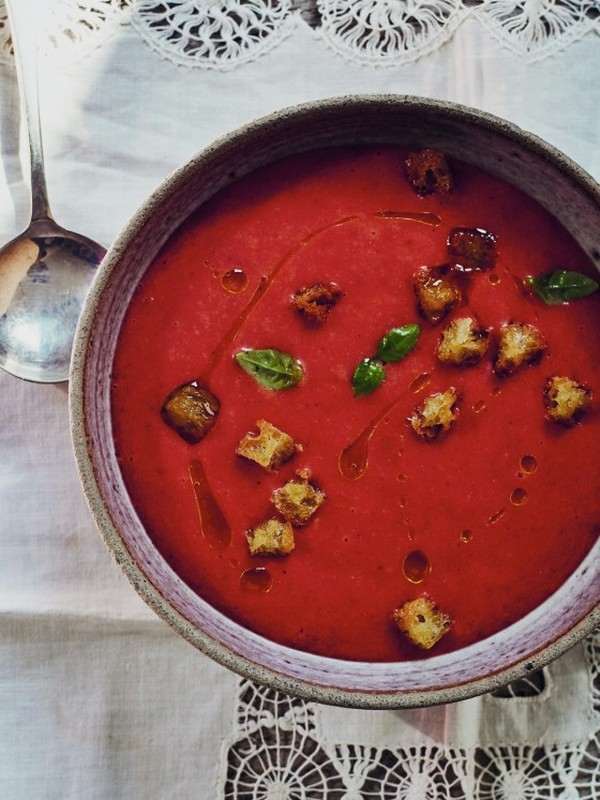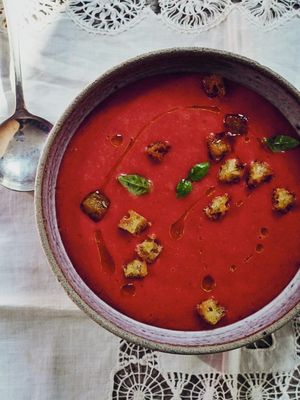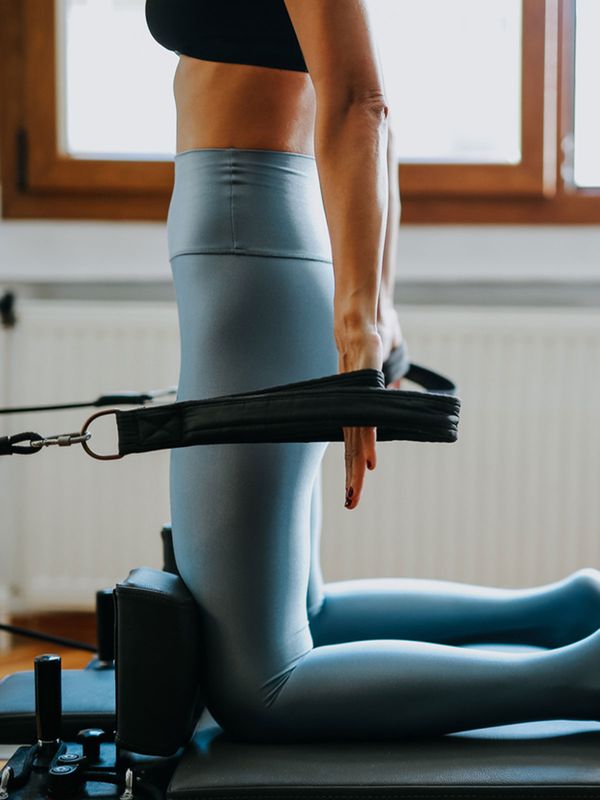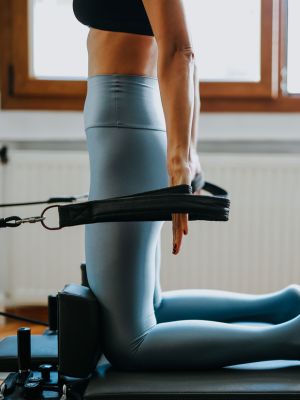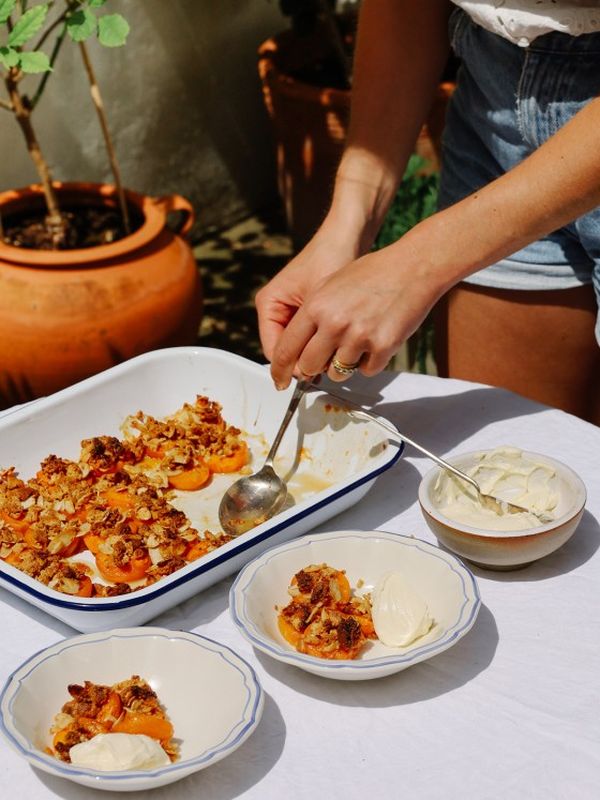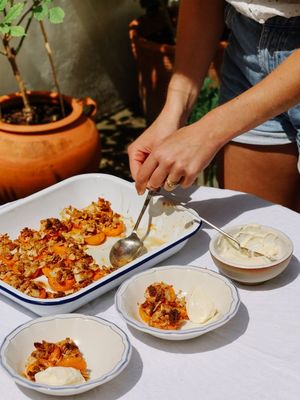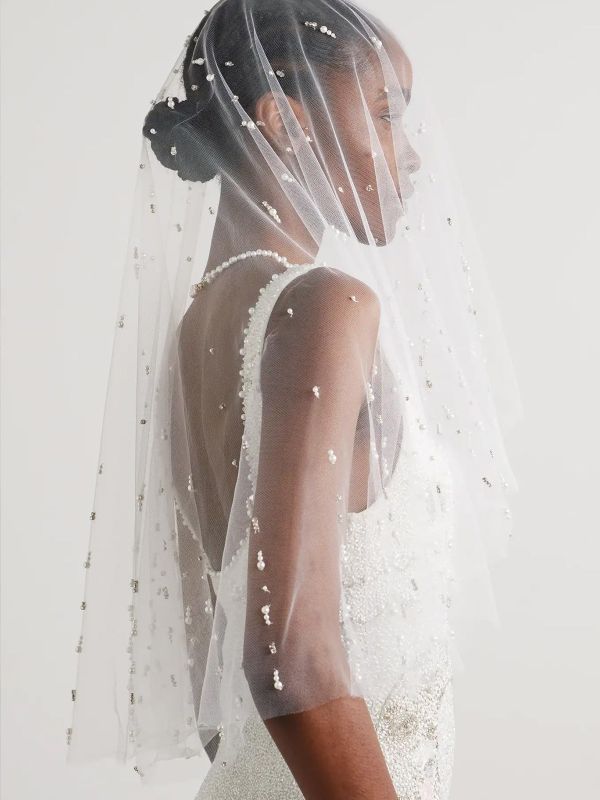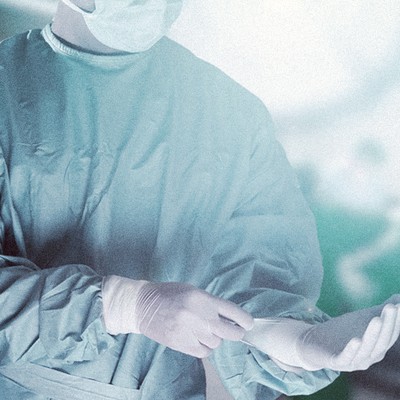
What Life Is Like On The NHS Frontline
My background was in the NHS as an anaesthetist in intensive care, but prior to the crisis I had left to set up my own aesthetics clinic. Up until March this year, everything had been going really smoothly. But when it became clear how bad Covid-19 would be, and it was inevitable clinics like mine were going to close, I knew I couldn’t just sit on the sofa and not help.
I’d been watching the development of Covid-19 closely since January. I’m part of a global WhatsApp group which includes doctors from all over the world. Normally, we discuss the scientific side of aesthetics but since the start of this year, all talk had turned to the spread of coronavirus. I even took it upon myself to order face masks as early as February to wear in the clinic and on public transport – I just knew where this was headed. Even so, I didn’t realise quite how bad things would get until I saw the situation develop in Italy in March.
Because my local department already knew me, it was relatively easy to go back. Between making the initial phone call and my first shift, it was only about ten days – which included a DBS check, a couple of interviews and occupational health clearance. But it’s not been so easy for everyone – several of my colleagues have faced more barriers in returning to the frontline.
Going back felt very natural, even when colleagues in London told me I was crazy. Before I’d left the NHS, I was a registrar – which is kind of like a senior trainee – but I’d be lying if I said I didn’t have slight anxiety. That is, until I saw how incredibly prepared the department was. We have an amazing consultant with first-hand experience of treating Ebola in Sierra Leone, which has proved invaluable. I also felt anxious about the clinic – I have six members of staff and the government only announced business support at the last minute.
Since my return to the intensive care unit (ICU), we haven’t been as swamped as we expected. Thankfully, the numbers haven’t been anywhere near what was forecast. Other hospitals in Kent have been harder hit, but in our own department, thankfully, the worst-case scenario hasn’t come to pass yet. That said, we are worried about a second wave.
It’s important to remember that, in the ICU, we only see the tip of the iceberg. As a department, we’re the bottom of the funnel. GPs and NHS 111 send patients to hospital and then the A&E and ward doctors send them to us. For the last few weeks, new ICU admissions have been low, but we have seen a few more cases in the last couple of days, which is worrying. Lower numbers mean people are being careful, so my hope is that the public is still adhering to the lockdown.
I’m now back to working about 60 hours a week. Occasionally, it’s 25 and the average is 48. It varies week to week, but I find the night shifts toughest – I’m out of practice. Historically, hospitals would run off a skeleton staff at night, but that’s no longer the case. In the middle of the night everything feels harder – lack of sleep really impacts how you feel, especially when you get beeped at 3am.
The personal protective equipment (PPE) shortages are a real problem. While we’ve not run out of anything yet, we’re aware that the face masks we’re using could soon change in design. Gown designs are already changing week to week. Removing protective equipment safely is key – so it’s problematic when you get used to one system only for it to change suddenly. That said, I haven’t felt unsafe. It’s not a perfect system, but it’s not bad, either. As far as the equipment not being designed for women, I’ve personally not found that to be an issue.
One of the hardest moments came pretty early on. We lost a young guy in his 30s who was absolutely terrified before he went to sleep. We’re also looking after a colleague at the moment, which has been extraordinarily difficult. It’s brought it very close to home. In general, the toughest times are when you’re having conversations with family at home – we’d normally do it in person and be able to comfort them. Now, they’re not able to visit their loved ones, even if they’re not dealing with Covid-19. For example, we’re looking after a really young chap who’s been very dependent on his mum his whole life, and now they’re apart. It’s really hard to watch.
That said, there have been some immensely rewarding moments, too. We’ve had a couple of patients who I could have sworn would die, and they haven’t. Some people have really done a Lazarus, and it’s wonderful to see photos of them back at home with their partners and children. Statistically, we’ve run a lower mortality rate in our ICU compared to the national average.
It can be hard to leave work at the door, but after a 12-hour shift, I’m exhausted. The minute I get home I have to follow a fairly rigorous safety routine – stripping off and washing all my work clothes and getting in the shower asap. During any time off, I try to set aside one full day to relax: it usually involves lighting scented candles, applying a face mask and popping on my Muse meditation headset. The technology allows it to centre your brain – it’s amazing.
It has its problems, but it’s clear the NHS is an institution the public want to support. I hope people remember that once coronavirus is under control. The reasons I left were to do with the working conditions – I ended up with no boundaries and was emotionally and physically exhausted. But for people still in it, they work like that all the time and are significantly underpaid. I hope all the thanks they’re getting continues.
This crisis has shown us who are new heroes are – whether it be NHS staff, postal workers or people working at the supermarket. The public has developed a new appreciation for all the people they previously took for granted.
After all of this is over, the consequences for mental health will be vast. Before going back, I lined up counselling in case I needed it. But I’m glad to say I haven’t had to use more than one session so far. But the big thing is going to be post-traumatic stress disorder (PTSD), which can manifest much later – sometimes up to ten years down the line. What these doctors and nurses have seen is traumatising. Normally, you can build up a coping mechanism, but we’re at two-and-a-half times capacity, and some departments are at six. It’s easy to feel overwhelmed. As ICU doctors, we're more prepared for dealing with difficult and end of life decisions than ward doctors, albeit never on this scale before.
At the moment, I’m aiming to stay in the NHS until June. I have a responsibility to my staff at the clinic but I still intend to do the occasional weekend shift here, mainly in anticipation of a second wave.
Ultimately, being a doctor is a vocation. I had my reasons for leaving the NHS first time around to set up my practice, but I fundamentally care about people. I feel immensely privileged to have been back on the frontline at this moment. Initially, when I left, I really missed the comradery. To have all of that back has been incredible.
Dr Sophie Shotter is currently working on the ICU as part of the Maidstone & Tunbridge Wells NHS Trust. Normally, she is a cosmetic doctor at IlluminateSkinClinic.co.uk
DISCLAIMER: We endeavour to always credit the correct original source of every image we use. If you think a credit may be incorrect, please contact us at info@sheerluxe.com.
